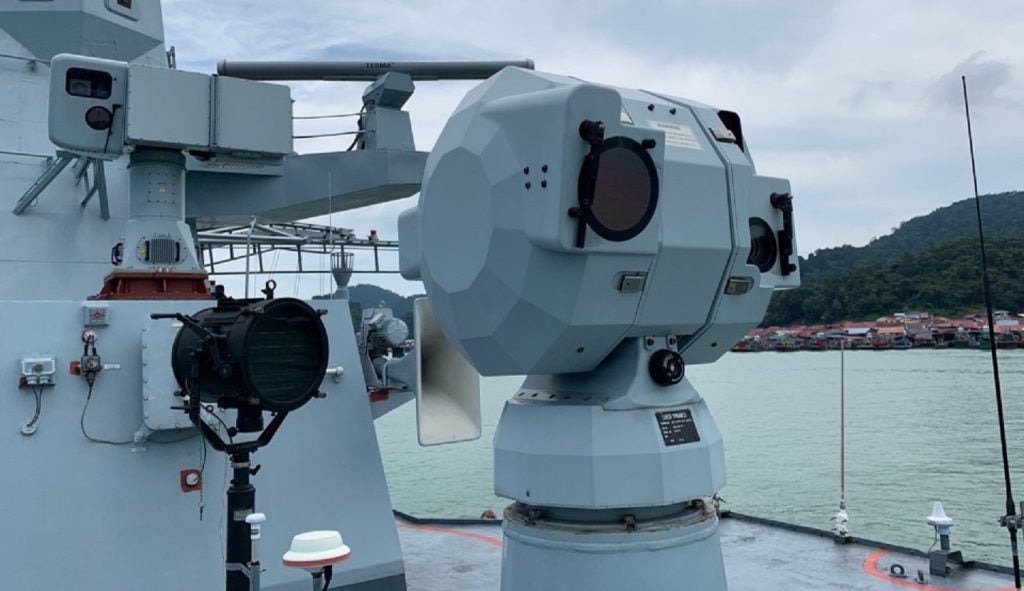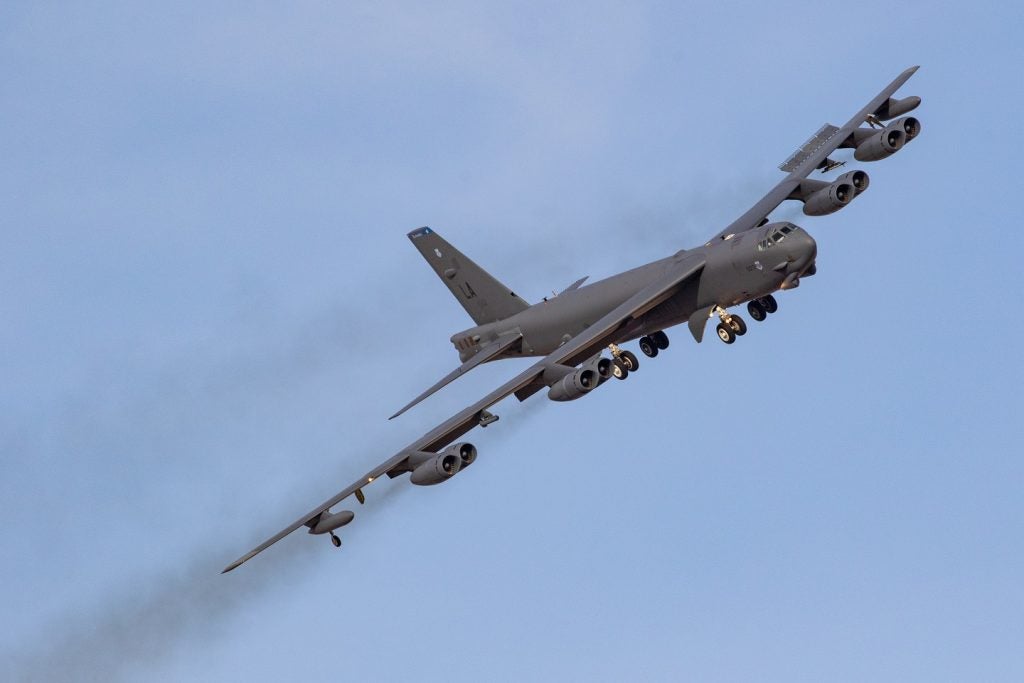
Concerns are mounting over Houthi threats to international internet traffic and the transmission of financial data, with Yemeni telecoms firms having sounded the alarm about the militant group’s plans to sabotage submarine cables in the Red Sea.
Yemen’s General Telecommunications Company, which is linked to the UN-recognised government, yesterday (4 February) released a statement condemning the Houthis’ “threats to target international marine cables”.
Approximately 17% of the world’s internet traffic is carried along fibre pipes in the Red Sea.
On 24 December, a Houthi-linked Telegram channel posted a map showing the convergence of communications cables in the Red Sea, Mediterranean Sea, Arabian Sea and Persian Gulf, accompanied by an ominous message about Yemen’s “strategic location”.
“Yemen is near a disproportionate number of international undersea internet cables, especially along its western coast where the Houthis have the greatest support,” explains Wilson Jones, defence analyst at GlobalData.
There has been widespread civil war between government-controlled military forces and the Houthis since the militant group first took control of the capital Sana’a in 2014.
How well do you really know your competitors?
Access the most comprehensive Company Profiles on the market, powered by GlobalData. Save hours of research. Gain competitive edge.

Thank you!
Your download email will arrive shortly
Not ready to buy yet? Download a free sample
We are confident about the unique quality of our Company Profiles. However, we want you to make the most beneficial decision for your business, so we offer a free sample that you can download by submitting the below form
By GlobalData“It would be very difficult to stop the Houthis if they made a determined effort to target these cables,” Jones says. “A cut on a cable anywhere disrupts the flow of data everywhere. As these cables are essential for the modern internet and digital financial transactions, the disruption could be huge.”
How would the Houthis sabotage submarine internet cables?
Based on the Houthis’ frequent Red Sea ship attacks, the militant group’s motivation to target internet networks is evident.
More than 100 drones and missiles have been launched at vessels passing through the Bab al-Mandab Strait since the Houthis’ first hijacking on 21 November. The Houthis say the attacks are in solidarity with Palestine amid Israel’s continued offensive.
What is being overstated is the Houthis’ capacity to access and damage deep-sea internet cables, according to Carolina Pinto, thematic analyst at GlobalData.
“While the Houthis have access to advanced drones and missiles, they likely do not have the technological capabilities to reach cables that are hundreds, if not thousands, of meters underwater,” Pinto tells Army Technology. “They could maybe target one or two of the shallowest cables.”
The Red Sea has an average depth of 490m, with some cables lying at just 100m.
“The Houthis certainly don’t have submarines,” Jones acknowledges. “But they could use some kind of depth charge, explosive or remote-controlled underwater mine, or send someone in scuba gear with wire cutters.”
There is previous form for the scuba method in the region.
In 2013, just north of the port of Alexandria, three divers cut an underwater cable which provides internet connectivity between Egypt and Europe. The sabotage caused traffic to drop by 60%.
Houthi scuba divers would be unlikely to cause mass damage across the entire cable network, but their attacks would be next-to-impossible for the US-led international naval task force in the Red Sea to prevent.
“It’s unclear if the Houthis have underwater drones,” Jones tells Army Technology. “But given what they’ve demonstrated so far aerially, it is well within reason they could build their own, buy some or have them donated by their backers.”
How would a Houthi cable attack affect international internet traffic?
The Houthis’ impact on global shipping routes and trade has already been huge.
The number of ships crossing the Strait has decreased by 70%, while Maersk, Hapag-Lloyd and COSCO are among companies to suspend Red Sea routes.
Much as the Bab al-Mandab Strait serves a geographical chokepoint in global maritime traffic above the waves, the same is true below, with the Red Sea region serving one of the world’s three major internet cable chokepoints.
16 major submarine cables pass 1,200mi through the Red Sea before crossing by land through Egypt to the Mediterranean Sea, effectively connecting Europe to Asia.
These cables are often no thicker than a hosepipe and susceptible to damage from ships’ anchors and earthquakes. One of the most strategically important is the 25,000km Asia-Africa-Europe AE-1 that goes from Southeast Asia to Europe via the Red Sea.
“Damage to cables is quite common but rarely results in significant disruptions”, Pinto says. “If the Houthis were successful, internet traffic could be swiftly rerouted until a repair ship could be sent to fix the damage.”
Notably, however, Gulf International Forum said in a report released last week that “damaging these cables could cut off military or government communications”.
It added: “The cables are the only hardware with enough bandwidth to accommodate the terabytes of military sensor data that inform ongoing operations.”
International attention is now fixed on whether the Houthis will escalate their militarised activity in the Red Sea to full-scale technological sabotage.







